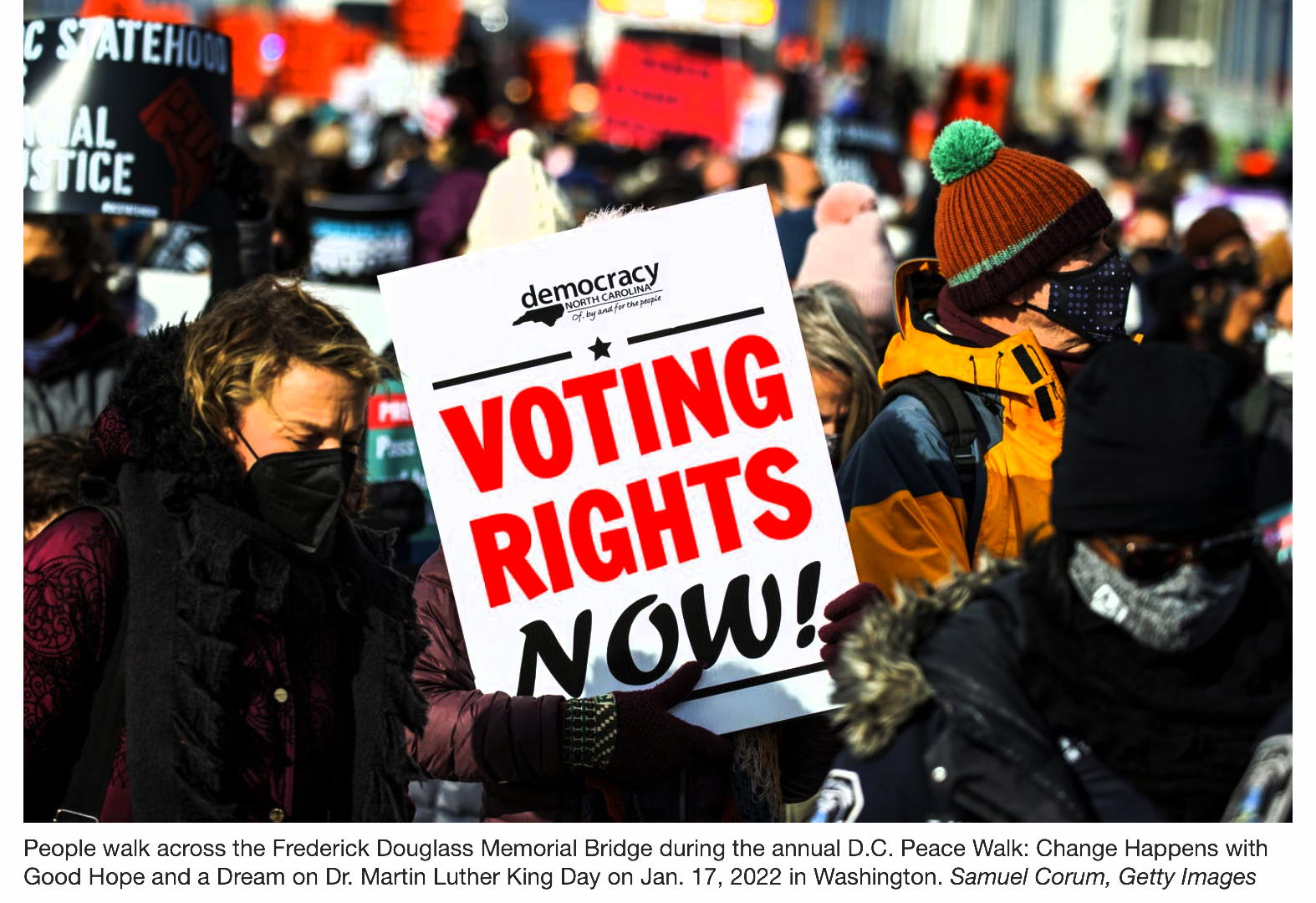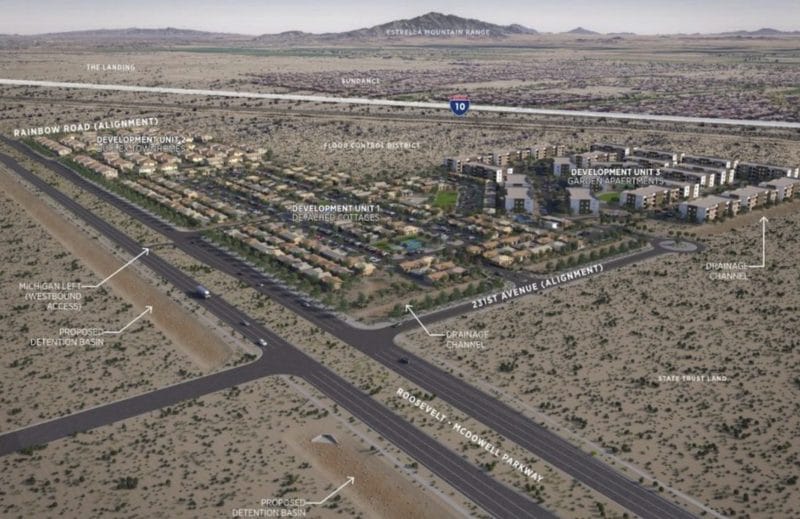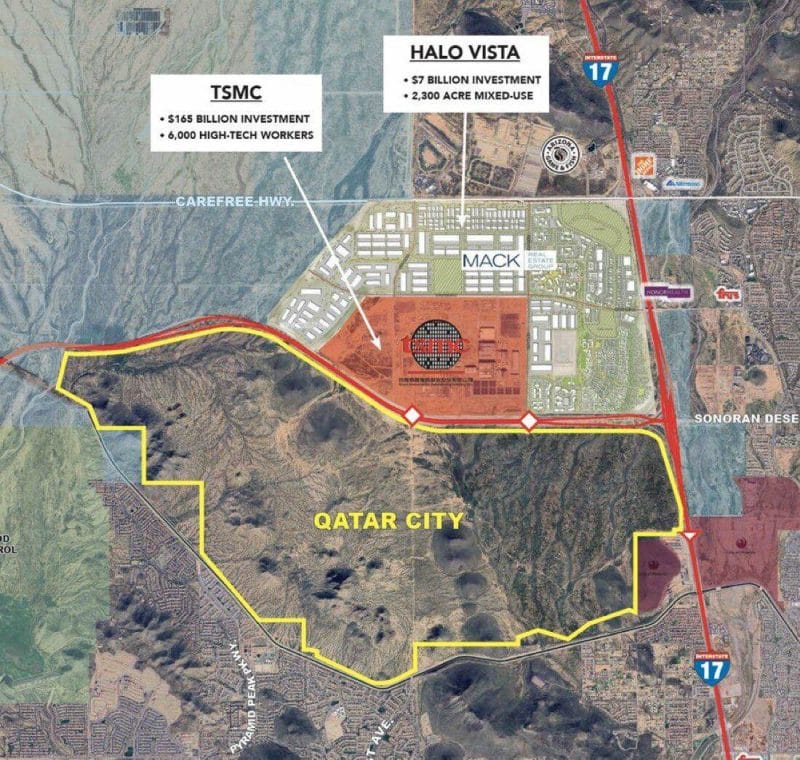By Rick Rouan |USA TODAY
Arizona adopted a new law requiring proof of citizenship for most voter registrations this year.
In 2013, the Supreme Court ruled against an Arizona law requiring proof of citizenship.
Voting Rights Lab is tracking 25 bills in 10 states with provisions for proof of citizenship.
Lawmakers in as many as one in five states have considered legislation to require voters show proof of citizenship – a requirement that drew a federal lawsuit this week and that voting access advocates worry could disenfranchise millions of voters.
A new Arizona law that Gov. Doug Ducey hailed as a victory for “election integrity” – and that could be a model for similar restrictions across the country – now is being challenged as a “textbook violation” of federal law.
The Justice Department on Tuesday sued the state to stop the law requiring voters to provide documented proof of citizenship from going into effect in January 2023, saying it could disenfranchise thousands of voters.
Voting rights advocates say requiring documented proof of citizenship hurts voters without the resources or time to navigate complicated bureaucracies that warehouse documents.
And the electoral consequences, they say, could be significant in places where margins are razor-thin. President Joe Biden beat former President Donald Trump by 10,457 votes in Arizona, where about 4.3 million voters are registered.
The number of voters who could be impacted by widespread adoption of similar laws is unclear. The Justice Department’s lawsuit says that “thousands” would be impacted by Arizona’s law, but voting access advocates say millions might be disenfranchised around the country if other states follow suit.
Election restrictions:Why Arizona Republicans pushed hard for a voter proof-of-citizenship bill





